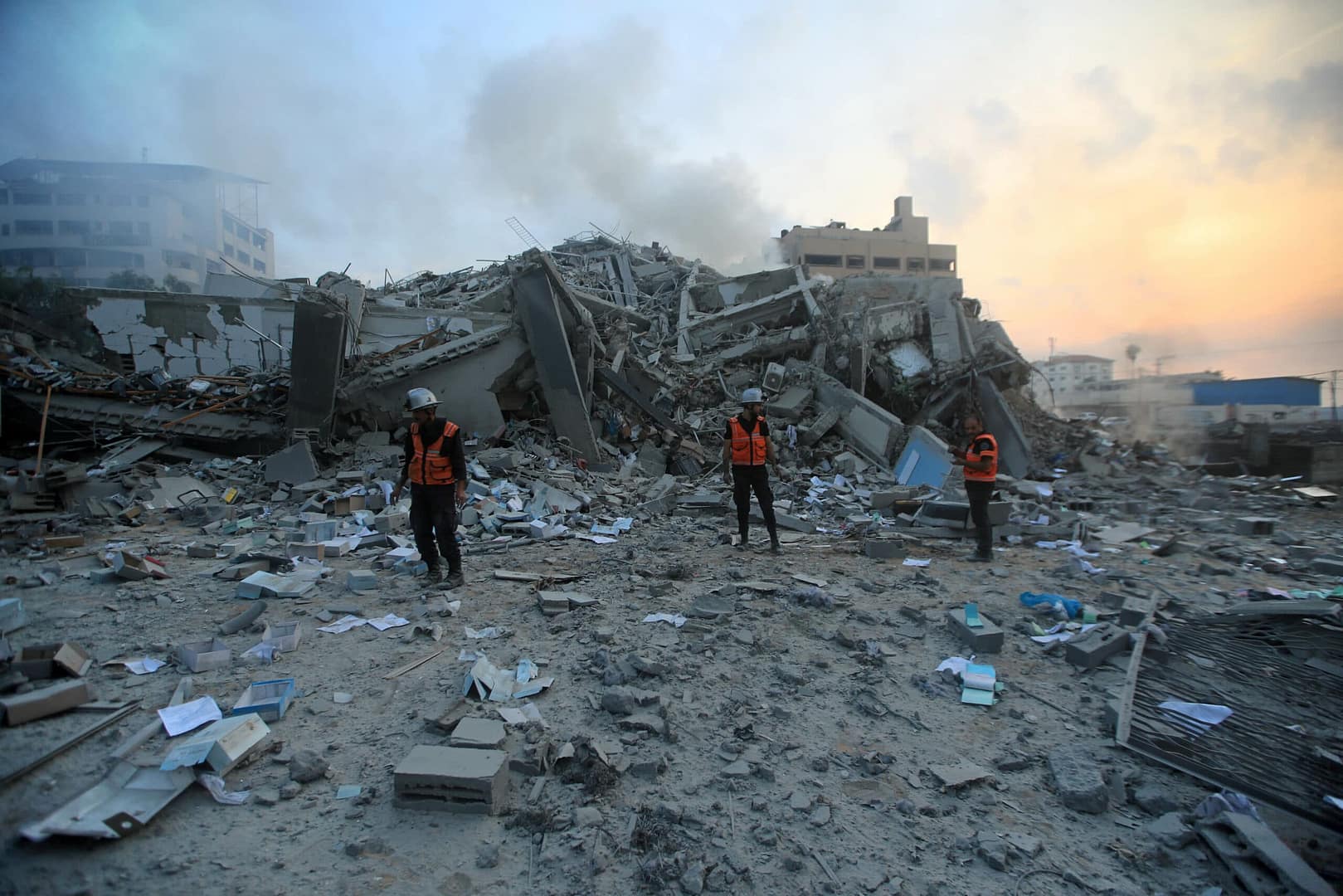The United Nations Relief and Works Agency for Palestine Refugees in the Near East (Unrwa) is on the brink of closure due to new Israeli legislation. This agency provides essential services to Palestinians in the West Bank and Gaza Strip. The impending halt of its operations poses threat to the livelihood of many families, including those like the Hashash family in Balata Camp, who rely heavily on Unrwa for healthcare, education, and food assistance.
Unrwa’s Role and Services
Unrwa was established in 1949 to support Palestinian refugees. It operates nearly 100 schools and numerous health facilities in the West Bank. The agency serves over 5 million registered refugees, providing vital services such as food aid, medical care, and education. In Balata Camp alone, Unrwa runs four schools and a health centre, employing around 200 people.
Recent Legislative Changes
In October 2023, Israel’s Parliament passed laws that threaten Unrwa’s ability to operate. These laws would cut off the agency from Israeli permits necessary for delivering aid in Gaza and the West Bank. Unrwa has been accused of employing individuals linked to Hamas, which it denies, stating that it maintains transparency with Israeli authorities regarding its staff.
Consequences of Unrwa’s Potential Closure
If Unrwa is forced to cease operations, the consequences could be dire. In the West Bank, this could exacerbate an already fragile economic situation and increase political instability. In Gaza, it would dismantle a critical aid network, worsening the humanitarian crisis. The Palestinian Authority lacks the resources to absorb Unrwa’s services, facing its own budget deficit of nearly $2 billion.
The Situation in Balata Camp
Balata Camp, founded in 1950, is densely populated, housing over 33,000 residents in less than a square mile. Unemployment rates exceed 60%, and many families depend on Unrwa for survival. The Hashash family, for example, relies on the agency for medical treatment and basic needs, fearing the impact of its closure.
- Unrwa was established in 1949 after the Arab-Israeli conflict.
- Balata Camp was created to accommodate refugees from Jaffa.
- Over 60% of Balata’s population is under the age of 25.
- Unrwa’s annual budget for the West Bank is approximately $125 million.
- The Palestinian Authority is projected to face a $2 billion budget deficit this year.
Unrwa’s Educational Impact
Unrwa plays important role in education for Palestinian children. The agency’s schools provide education to thousands, but they face challenges such as underfunding and strikes by teachers. The Palestinian Authority’s educational system is struggling, raising questions about its ability to take over Unrwa’s schools if necessary.
Health Services and Challenges
Unrwa operates health clinics that serve tens of thousands of Palestinians. The agency’s health services are critical, especially in light of the economic hardships faced by residents. Dr. Haytham Abu Aita, head of the Balata health centre, emphasised that no other organisation can replicate Unrwa’s expertise in delivering health services under current conditions.
Future Implications for Peace
The potential closure of Unrwa could alter the landscape of the Israeli-Palestinian conflict. Experts suggest that the removal of this safety net could hinder future peace efforts, as it would exacerbate existing tensions and humanitarian issues. The international community is watching closely, as the responsibility for refugee services may revert to Israel under international law.

Leave a Reply